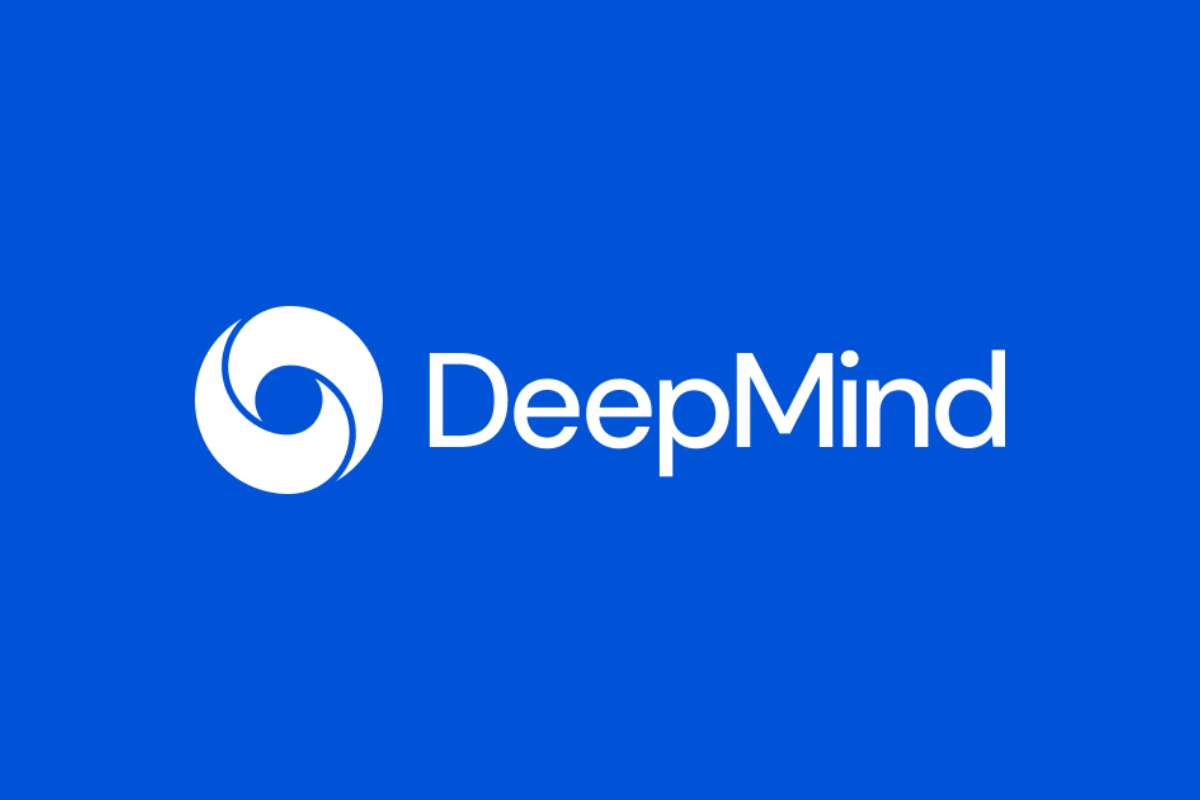Google DeepMind has introduced CodeMender, an advanced artificial intelligence-powered agent designed to autonomously detect, patch, and rewrite vulnerable code. The new system represents a significant advancement in automated cybersecurity, with the potential to reduce human workload in identifying and fixing software vulnerabilities.
AI Agent Capable of Detecting and Repairing Code Flaws Automatically
Developed by Alphabet Inc.’s DeepMind lab, CodeMender combines the reasoning capabilities of Gemini Deep Think models with modern program analysis methods. This integration enables the AI to not only repair detected flaws but also refactor existing code to prevent similar issues from reappearing. DeepMind researchers describe the agent as both reactive and proactive—able to apply patches immediately upon discovering vulnerabilities and rewrite insecure code patterns to eliminate entire classes of bugs.
Although still in the research stage, this AI Agent has already shown impressive results. It has successfully submitted 72 verified security fixes across open-source projects, collectively encompassing over 4.5 million lines of code. According to DeepMind, the system helps developers “focus on innovation rather than patch management,” while ensuring consistent and secure code practices across large codebases.
Automated Patching and Code Rewriting for Long-Term Security
CodeMender’s architecture integrates several advanced analysis tools and methods, including static and dynamic analysis, symbolic reasoning, fuzz testing, and an “LLM judge” that verifies the functionality of proposed patches. This LLM-based validator ensures that any code modification preserves intended behavior and does not introduce regressions.
If a potential issue is detected during validation, CodeMender can self-correct its patch before submitting it for human review. Every proposed change is assessed for correctness, adherence to coding standards, and performance impact before being accepted.
A notable example highlighted by DeepMind involved CodeMender applying “–fbounds-safety” annotations to the libwebp image compression library — the same software component that was exploited in a 2023 zero-click iOS vulnerability. By introducing these annotations, the AI rendered similar buffer overflow exploits “unexploitable forever,” according to the research team.
This capability demonstrates the system’s potential to not only address known vulnerabilities but also proactively strengthen code against entire categories of security risks. Such advancements could mark a pivotal shift from traditional security workflows — where analysts rely on detection and manual patching — to AI-driven remediation that operates continuously and autonomously.
Human Oversight and Research Phase Development
DeepMind emphasized that CodeMender remains in research and that all AI-generated patches are reviewed by human experts before being submitted upstream. The lab is also engaging with open-source project maintainers to expand collaboration and ensure transparency in the system’s contributions.
The company stated that it plans to publish technical papers outlining CodeMender’s architecture, validation framework, and self-correction mechanisms. These reports will detail how AI models interact with software analysis tools to evaluate potential vulnerabilities and enforce safe coding practices.
DeepMind researchers expressed the long-term goal of making this AI Agent a publicly accessible developer tool, potentially allowing software teams to integrate automated security patching directly into their continuous integration pipelines.
If deployed widely, the AI Agent could streamline the software maintenance lifecycle by reducing the time between vulnerability discovery and patch release. It could also mitigate the risks associated with delayed updates, which often lead to exploit opportunities for attackers.
A Step Toward Autonomous Cyber Defense
CodeMender’s introduction reflects a broader trend in cybersecurity — the growing role of AI-assisted defense systems that not only identify but also remediate security issues. Traditional vulnerability detection techniques, such as static analysis and fuzzing, can uncover flaws but still depend heavily on human expertise for correction.
By contrast, CodeMender’s end-to-end automation—from detection to validated patch submission—represents a new paradigm in secure software development. As modern applications grow exponentially in size and complexity, human teams face increasing difficulty maintaining full coverage in vulnerability management.
While still early in its deployment, this AI Agent could serve as a foundational model for future self-healing software ecosystems, where AI continuously protects and optimizes codebases without human intervention.
DeepMind’s progress with CodeMender signals a major advancement in the intersection of artificial intelligence and cybersecurity, offering a glimpse of how automated agents might soon play a central role in securing the digital infrastructure of the future.
Also Read: Renault UK Confirms Customer Data Breach Linked to Third-Party Cyber Attack






